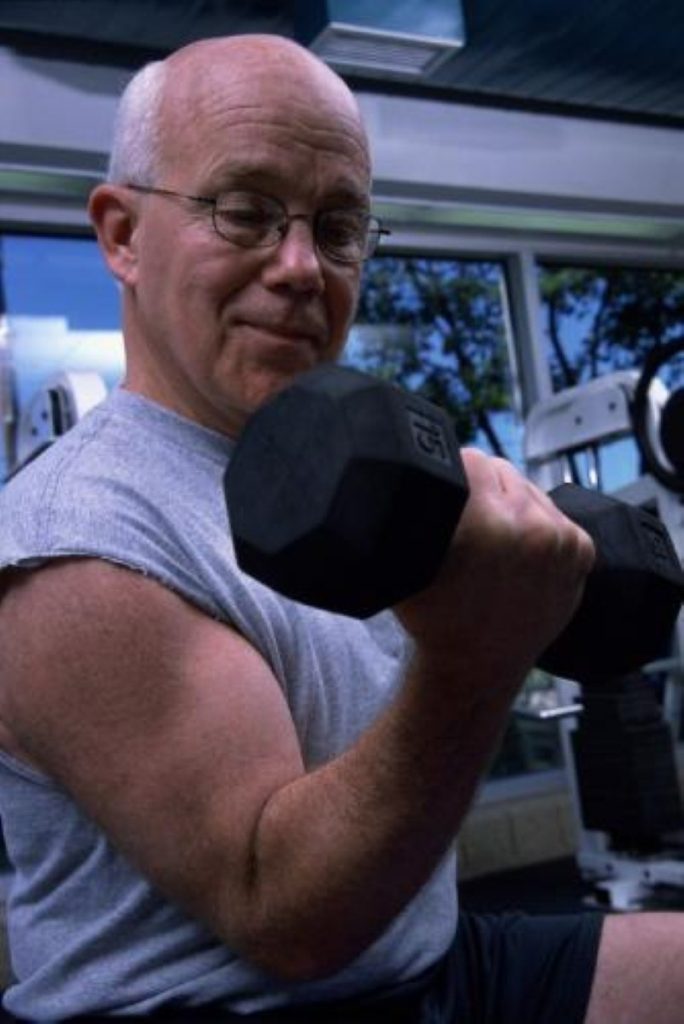Charity says invest in exercise to treat depression
A mental health charity is calling on the Government to invest £20 million in promoting exercise referral as a treatment for depression.
The Mental Health Foundation says all patients suffering from mild or moderate depression should be offered exercise therapy.
Prescription of a supervised programme of exercise can be as effective as antidepressants in these cases, according to the foundation.
The charity is launching a year-long campaign today to promote exercise therapy, amid mounting concerns about the side effects and over prescription of antidepressants, for which costs have risen by more than 2000 per cent in the past 12 years.


Despite a growing body of research evidence, advice from the chief medical officer and clinical guidelines all promoting exercise as a treatment for depression, many GPs surveyed for the Up and Running campaign said they did not deem this an effective treatment.
Only five per cent of GPs use exercise as one of their three most common treatments for mild and moderate depression, compared with 92 per cent who use antidepressants.
This is denying an effective treatment option to patients with mild and moderate depression, according to the chief executive of the Mental Health Foundation, Dr Andrew McCulloch.
“There are some obstacles standing in the way of exercise on prescription for all… but they’re not insurmountable”, he said.
“Society needs to be educated about the benefits of exercise in treating mild or moderate depression, and GPs need to be made aware that exercise referral is available.”
There are several reasons why some GPs choose to prescribe drugs for depression when other options may be more appropriate, the Mental Health Foundation reports. Many doctors explain alternative treatments, such as exercise, psychotherapy and counselling, were not available, or the waiting lists were too long.
And the Up and Running campaign hopes to address what it deems to be a knowledge gap amongst GPs, as exercise referral schemes fail to match the marketing efforts drugs companies invest in their relationship with GPs.
Paul Bates, head of mental health and disability services at South Tyneside Primary Care Trust, said: “For GPs, the cost of changing their practice is psychological, not financial.
“They’re beginning to see that there are alternatives to writing a prescription, and that it’s not their sole responsibility to deal with a person’s problem – there are alternatives and exercise referral is an example of that.”
An outlay of £20 million would be equivalent to only one 20th of the annual spend on antidepressants in England, the charity points out.

